Your favorite meme account? There’s a solid chance it’s run by a robot. AI meme factories are flooding social media with AI-generated memes that outpace human creators in speed, absurdity, and virality. From Dank Learning bots to meme generator AI tools like DALL-E 3, algorithms are mastering the art of comedy—and reshaping meme culture as we know it.
How AI Crafts the Perfect Meme
AI meme algorithms analyze billions of viral posts to decode humor patterns: timing, relatability, and that elusive “random = funny” equation. Tools like MemeGPT let users input a trend (e.g., “distracted boyfriend”) and generate 100 variants in seconds. Reddit’s r/ProgrammerHumor recently saw a funny AI bot named CodeLOL top the charts with a Python meme so niche, even developers doubted its human origin.
But the real game-changer is viral AI memes engineered for platforms. Instagram’s MemeGenie uses GPT-4 to auto-caption images, while TikTok’s AI stitches trending sounds with AI-generated visuals. The result? Bots like @RoboRofl rake in millions of views weekly, their AI-generated memes echoing Gen Z’s chaotic vibe flawlessly.
Why AI Memes Are Funnier (and Darker)
Humans can’t compete with machines’ speed or data-crunching prowess. In 2023, a Harvard study found AI meme factories produced content 12x faster than humans, with 37% higher engagement. Why? Algorithms ignore social norms, blending absurdity and edge without filter. A meme generator AI might pair a crying Wojak with a Kafka quote—a combo too “out there” for most creators.
But there’s a dark side. Ethics of AI memes came under fire when a bot named Edgelord3000 flooded forums with offensive content, learning from 4chan’s darkest corners. Platforms now struggle to moderate AI’s unfettered creativity, as tools like DeepLulz bypass filters with surreal abstractions.
The Human vs. AI Humor War
AI vs human humor debates are heating up. Comedian Sarah Silverman joked, “Bots stole my ex’s material—and funnier.” Yet, many creators embrace AI meme tools as collaborators. YouTuber Cherdleys uses MemeForge to brainstorm video ideas, while artists like SaltyDank remix AI outputs into satirical art.
Still, purists argue machines lack intent. “Humor is human pain repackaged,” says meme historian Dan Olson. “AI can mimic the packaging, not the soul.”
The Future of Meme Culture
As AI meme factories dominate, questions arise: Will originality die? Can copyright apply to a Surprised Pikachu generated by code? Startups like MemeGuard are developing AI detectors, while Ethereum-based platforms tokenize ownership of viral AI memes.
Yet, the future of meme culture may hinge on balance. Tools like Adobe’s LOLMaker now tag AI involvement, and TikTok’s “Human Certified” badge rewards non-AI content. But as bots keep laughing louder, one truth remains: In the internet’s circus, the clowns are now made of code.



